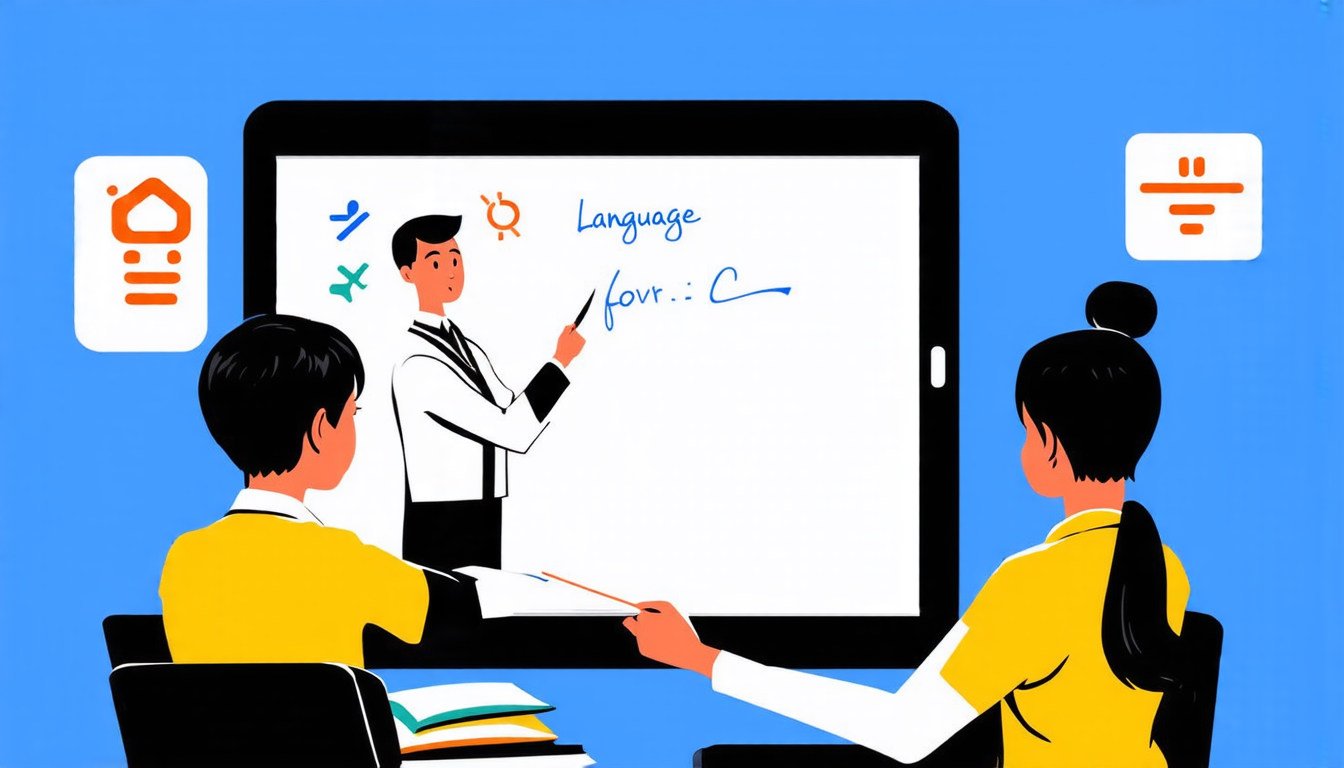Tuesday 08 April 2025
The latest advancements in artificial intelligence have brought us one step closer to creating intelligent tutoring systems that can effectively teach and guide students through complex educational material. A recent study has demonstrated a novel approach to training large language models (LLMs) to generate tutor utterances that maximize student learning outcomes while maintaining good pedagogical practice.
The researchers behind this project focused on the limitations of current LLM-based tutors, which are often adapted for the tutoring task by training or prompting them to follow effective pedagogical principles. However, these systems may not always engage with students in the most optimal way to facilitate learning. To address this issue, the team developed a approach that scores candidate tutor utterances using both an LLM-based student model and a pedagogical rubric evaluated by GPT-4o.
The student model is designed to predict the likelihood of correct student responses based on the tutor’s utterance. Meanwhile, the pedagogical rubric assesses the quality of the tutor’s response in terms of its relevance, coherence, and overall effectiveness. By combining these two scores, the system can generate tutor utterances that are not only informative but also tailored to the individual student’s needs.
To train this LLM-based tutor, the researchers used a direct preference optimization approach, which involves generating a set of candidate tutor utterances and scoring them using the aforementioned metrics. The system then selects the top-scoring utterance as the optimal response. This process is repeated iteratively until the desired level of student learning is achieved.
The results of this study show that LLM-based tutors trained with this approach can significantly improve student learning outcomes while maintaining good pedagogical practice. Additionally, qualitative analyses and human evaluations suggest that these tutors generate high-quality utterances that are engaging and effective in facilitating student learning.
This breakthrough has significant implications for the future of education, as it enables the development of intelligent tutoring systems that can provide personalized feedback and guidance to students. By leveraging large language models and advanced optimization techniques, educators can create more effective and efficient learning environments that cater to individual needs and abilities.
The potential applications of this technology are vast, ranging from online language learning platforms to AI-powered homework assistants. As the field of artificial intelligence continues to evolve, it is likely that we will see even more innovative solutions emerge to improve educational outcomes and enhance student engagement.
Cite this article: “Training Intelligent Tutoring Systems with Large Language Models: A New Era in Personalized Education?”, The Science Archive, 2025.
Artificial Intelligence, Language Models, Tutoring Systems, Student Learning Outcomes, Pedagogical Practice, Intelligent Tutoring, Educational Technology, Personalized Feedback, Optimization Techniques, Large Language Models







